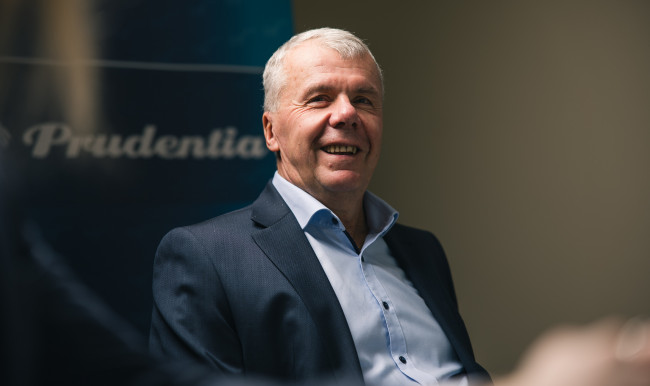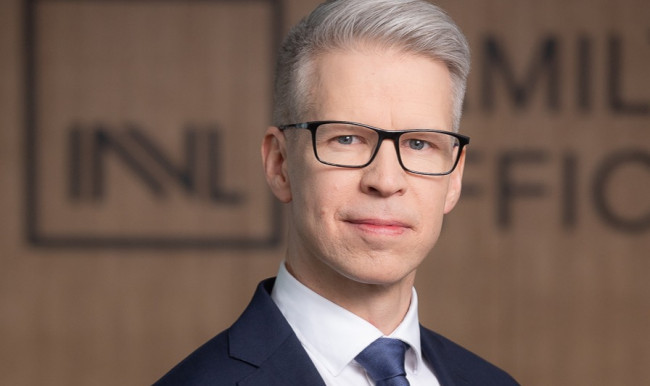
Estonia needs bigger companies. Let's not be afraid of M&A deals
Villu Zirnask
Editor of Finantsuudised.ee and programme manager of the Pärnu Financial Conference
The value of Swedbank, the winner of this year's TOP101 ranking, estimated at 2 billion euros, is approximately five percent of Estonia's gross domestic product, forecast to amount to 40 billion euros in 2024. Wise, the winner of TechTOP that ranks Estonia's most valuable tech companies, has a much higher ratio (nearly 22 percent) and the figure for mobility platform Bolt that ranked second among tech companies, is equally high (14 percent).
This comparison with tech companies reflects the simple fact that a globally operating company whose business is not constrained by country or regional borders has notably more room for growing its business and value. At the same time, there is no law in economics which says that startup companies have a special advantage in a comparison of their economic indicators and GDP of their home country.
For example when Nokia, the former flagship company of Estonia's northern neighbour Finland, was at its peak in 2000 its market value was 1.5 times of Finland's GDP. Let’s not forget that Nokia was not a startup in the modern sense, but started its business as a paper mill back in 1865. Later the company expanded into various business areas, including rubber and cable production, before specializing on making mobile phones at the end of the 20th century. Nokia ruled the world with its mobile phones for about a dozen years. It may have crashed in a spectacular way, but it was a lesson to learn, and, in the end of the day, Nokia had positive impact on Finland's economy.
Of course, there are also examples where companies that have grown larger than the GDP of their country of origin can cause a really big chaos at home when the run out of luck. This was the case in Iceland when the country's three largest banks Kaupthing, Landsbanki and Glitnir collapsed in 2009 after they had set out to conquer the world a few years earlier. However, in 15 years Iceland's economy has fully recovered from the banking crisis (to be precise, the standard of living in Iceland exceeded its pre-crash level already in 2016).
The moral is that in building large companies it is better to try and fail than to be afraid to venture anything. This also puts the companies like Glitnir or Planet42 in perspective - the bigger the value of the country's more valuable company in comparison with the GDP the better.
If you look at the TOP101 ranking list, one can see that there are not many companies in Estonia that could compete in value with the two winners of the TechTOP ranking (Wise and Bolt) if the two continue to grow their business as before.
Many companies suffer from the fact that due to the structure of the parent company, they are limited to specific markets (for example, banks, telecom companies) or the owners' strategy is mainly focused on Estonia. Estonian energy producers may have ambition and potential, but they must keep in mind that the founders of wind and solar parks in neighboring countries are also actively looking around to grow their business. The lesson is that on the Estonian scale, really big companies can be built not by growing organically, but through mergers and acquisitions (M&A), something that Eesti Gaas, a subsidiary of Infortar, is doing in Estonia, for example.


